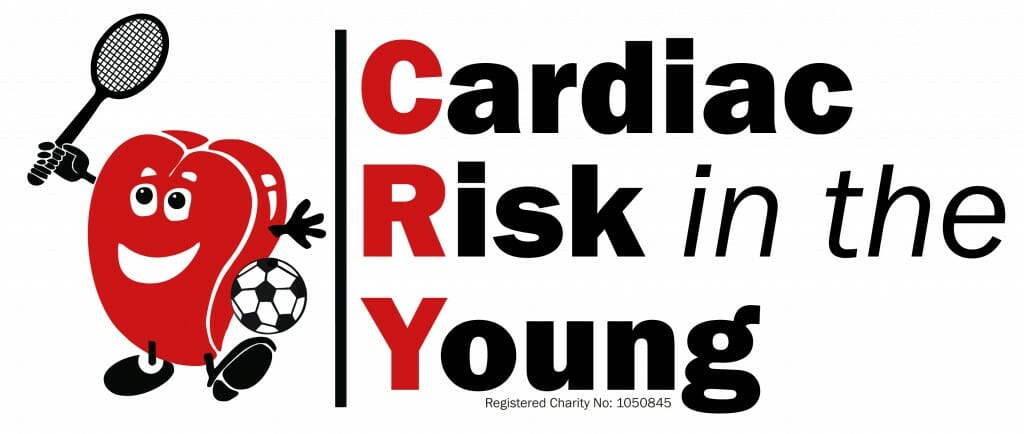I would like to recount the circumstances surrounding my son’s experience of Wolff Parkinson White syndrome (WPW) in the hope that other young people, particularly students, will take heed and (a) register with a GP, and (b) go to see them when they’re not well.
We had taken Ian back to Cambridge University the week before, where he was about to commence his post-grad year (PGCE) to train to become a teacher and everything went well.
He had new accommodation and was very pleased with his room. He had been attending lectures as usual and was looking forward to his forthcoming school placement. We visited him on Sunday as I was flying out from Stansted on Monday morning for a weeks cycling holiday and he was his usual bubbly self.
He went to a lecture on Monday around lunchtime and mentioned to a friend, Jenny, that his heart was beating in an odd way, sort of going in 3’s, but was not in any degree of pain. She insisted that he go see the College nurse and accompanied him there. The nurse thought it was odd too and recommended that he present at his GP’s surgery. The nurse, Francis, thought it was best that he got there quickly so instead of walking, she arranged for them to go there in a cab (best £5 they’ve ever spent!)
Ian saw the GP, who immediately sent him downstairs to have an ECG as they have the facilities at the surgery. He said to Jenny as he went in “don’t worry, I’ll be fine and out in a few minutes”. Whilst wired to the ECG machine, his max heart rate recorded was 310 bpm – and then a flat line……it just stopped.
The staff were experienced in cardiac massage and resuscitation techniques, including the use of a defibrillator, and brought him back to life. An ambulance was called and he was taken to Addenbrookes hospital, accompanied by his friend Jenny.
There, they used all the techniques at their disposal to ensure that he came through this episode, using a “freezing blanket” to slow his metabolism down and reduce any risk of damage to organs, then monitored his progress 24 hours a day and arranged for an ablation at Papworth Hospital the following week, which was successful.
He had no previous history of any heart irregularities and had he decided to go and lie down instead of going to the nurse etc, he would have been a victim of sudden adult death syndrome (SADS).
There were a chain of events here which saved his life –
- Jenny insisting that he see the college nurse
- Going to the GP
- Having resuscitation equipment and personnel at the surgery
- Care at Addenbrookes
- Surgery at Papworth
This is a parent’s worst nightmare, a lump still comes to my throat when I think how close to losing him we were and I was in the South of France enjoying myself at the time.
He is now back on his teaching course and catching up with what he has missed.
Paul Tunnell (Father)
